Enabling dialogue between governmental structures and non-governmental sector of the Commission established within the framework of the “Post Rio+20” process in Armenia

Project Details & Results
In line with the ideology of the Earth Summit (Rio de Janeiro, 1992) in Armenia in 2002 by the Republic of Armenia (RA) governmental decision was established the National Council for Sustainable Development (NCSD) under the chairmanship of the RA Prime Minister. Members of NCSD are ministers of stakeholder ministries, representatives of NGOs (environmental, woman’s, youth), academia and private sector. In 2009 the Chairperson of the Association for “Sustainable Human Development” NGO (ASHD) was appointed to serve as the Secretary of the NCSD on a voluntary basis. The meetings of NCSD are convoked periodically to discuss the most actual problems of country in the view of sustainable development. Decisions of NCSD meetings are subjected to obligatory execution given that they are made and referred to as RA government protocol decisions. With a view to implement the recommendations of “Rio+20” Summit at the suggestion of Association “For Sustainable Human Development” NGO (ASHD) currently represented in the NCSD, is established the Interdepartmental Commission (Commission) for implementations of the recommendations of “Rio+20” Summit ((RA Prime Minister Decision N 1147-Ա, December 09, 2013).
The Commission, equally with the NCSD, will be the appropriate platform for decisions’ elaboration by consensus between different layers of society – government, civil society, NGOs, Academia, private sector.
Commission consists from Chairman (Deputy Head of Administration of the RA government), three vice-chairmen – two from governmental, and one from non-governmental sectors (Vice-Chairman representing non-governmental sector is Chairman of ASHD/ Secretary of the NCSD), and members of Commission-representatives from governmental structures and non-governmental sector.
The NGOs - members of Commission (member-NGOs) will fulfill their functions within the Commission in close collaboration with other partner NGOs and public groups. In the works of Commission will be involved also private sector, scientific institutions and regional structures.
The scope of the tasks of the Commission is defined in accordance with the theses of the final document of the Rio+20 “The Future We Want” and respective national priorities in the field of “green economy” and “sustainable consumption and production” for sustainable development. These priorities are reflected in the “Rio+20” National Assessment Report (2012) and are as follow:
Mining activities, nature protection and human health;
Development of alternative energy and energy efficiency;
Sustainable management of water resources;
Sustainable management of wastes;
Development of organic farming;
Development of sustainable tourism;
Sustainable cities/ development of green architecture;
Sustainable management of forests, preservation of biodiversity;
Implementation of the UN decade on “Education for Sustainable Development”;
Transformation of MDG to SDG. SD indicators and index; and
Assistance to the process by legal and economic instruments.
The primary objective of the proposed project is to enable adequate environment for ensuring efficient involvement of national NGO sector to the works of the Interdepartmental Commission, established for implementations of the recommendations of “Rio+20” Summit, particularly in working out the national strategic document - National Program “Post-Rio+20” for 2015-2025 on implementation of “Rio+20” recommendations.
The project will be implemented by the ASHD in close collaboration with members of Commission and invited experts. Interested NGOs and different social groups (youth, woman, academia, local communities, private sector, etc.) will be also involved/engaged in the project activities and events. ASHD will lead the process through facilitation and coordination of the project activities.
At the beginning of the project ASHD will collect, translate, analyze and compile main international documents related to recommendations of “Rio+20” and information on environmental situation, problems of Armenia and relevant national environmental and development priorities in context of Rio+20 recommendations. The information package will be distributed to members of Commission, NGOs, as well as to the broad public.
The proposals for Concept and Action Plan, comprising the timeframes, responsible structures/actors and necessary financial resources for implementation of the planned measures/activities on implementation of “Rio+20” recommendations (base components of the National Program “Post-Rio+20”) developed by members of Commission in collaboration with invited experts on the basis of information gathered during the seminars will be discussed at 11 thematic round-table meetings with leading experts, representatives from governmental, private and academic sector and other stakeholders.
On the basis of feedback received at round-tables the proposals will be revised and the draft National Program “Post-Rio+20” (final document to be elaborated within the project) will be developed. The draft National Program “Post-Rio+20” will be agreed at closure Round table meeting and will be distributed via e-networks to governmental structures, local communities, NGOs, Aarhus centers, Academia, private and public sectors for comments. On the basis of feedback received via e-communication the draft National Program “Post-Rio+20” will be completed and submitted to the Commission for adoption. The adopted final text of draft National Program “Post-Rio+20” will be published as brochure. The e-version of the final draft document will be posted on web-site of ASHD.
At the end of the project the National Conference will be organized in Yerevan were the elaborated document will be presented, the main information on the project, its outcomes and further perspectives will be elucidated.
In line with the ideology of the Earth Summit (Rio de Janeiro, 1992) in Armenia in 2002 by the Republic of Armenia (RA) governmental decision was established the National Council for Sustainable Development (NCSD) under the chairmanship of the RA Prime Minister. Members of NCSD are ministers of stakeholder ministries, representatives of NGOs (environmental, woman’s, youth), academia and private sector. In 2009 the Chairperson of the Association for “Sustainable Human Development” NGO (ASHD) was appointed to serve as the Secretary of the NCSD on a voluntary basis. The meetings of NCSD are convoked periodically to discuss the most actual problems of country in the view of sustainable development. Decisions of NCSD meetings are subjected to obligatory execution given that they are made and referred to as RA government protocol decisions. With a view to implement the recommendations of “Rio+20” Summit at the suggestion of Association “For Sustainable Human Development” NGO (ASHD) currently represented in the NCSD, is established the Interdepartmental Commission (Commission) for implementations of the recommendations of “Rio+20” Summit ((RA Prime Minister Decision N 1147-Ա, December 09, 2013).
The Commission, equally with the NCSD, will be the appropriate platform for decisions’ elaboration by consensus between different layers of society – government, civil society, NGOs, Academia, private sector.
Commission consists from Chairman (Deputy Head of Administration of the RA government), three vice-chairmen – two from governmental, and one from non-governmental sectors (Vice-Chairman representing non-governmental sector is Chairman of ASHD/ Secretary of the NCSD), and members of Commission-representatives from governmental structures and non-governmental sector.
The NGOs - members of Commission (member-NGOs) will fulfill their functions within the Commission in close collaboration with other partner NGOs and public groups. In the works of Commission will be involved also private sector, scientific institutions and regional structures.
The scope of the tasks of the Commission is defined in accordance with the theses of the final document of the Rio+20 “The Future We Want” and respective national priorities in the field of “green economy” and “sustainable consumption and production” for sustainable development. These priorities are reflected in the “Rio+20” National Assessment Report (2012) and are as follow:
- Mining activities, nature protection and human health;
- Development of alternative energy and energy efficiency;
- Sustainable management of water resources;
- Sustainable management of wastes;
- Development of organic farming;
- Development of sustainable tourism;
- Sustainable cities/ development of green architecture;
- Sustainable management of forests, preservation of biodiversity;
- Implementation of the UN decade on “Education for Sustainable Development”;
- Transformation of MDG to SDG. SD indicators and index; and
- Assistance to the process by legal and economic instruments.
The primary objective of the proposed project is to enable adequate environment for ensuring efficient involvement of national NGO sector to the works of the Interdepartmental Commission, established for implementations of the recommendations of “Rio+20” Summit, particularly in working out the national strategic document - National Program “Post-Rio+20” for 2015-2025 on implementation of “Rio+20” recommendations.
The project will be implemented by the ASHD in close collaboration with members of Commission and invited experts. Interested NGOs and different social groups (youth, woman, academia, local communities, private sector, etc.) will be also involved/engaged in the project activities and events. ASHD will lead the process through facilitation and coordination of the project activities.
At the beginning of the project ASHD will collect, translate, analyze and compile main international documents related to recommendations of “Rio+20” and information on environmental situation, problems of Armenia and relevant national environmental and development priorities in context of Rio+20 recommendations. The information package will be distributed to members of Commission, NGOs, as well as to the broad public.
The proposals for Concept and Action Plan, comprising the timeframes, responsible structures/actors and necessary financial resources for implementation of the planned measures/activities on implementation of “Rio+20” recommendations (base components of the National Program “Post-Rio+20”) developed by members of Commission in collaboration with invited experts on the basis of information gathered during the seminars will be discussed at 11 thematic round-table meetings with leading experts, representatives from governmental, private and academic sector and other stakeholders.
On the basis of feedback received at round-tables the proposals will be revised and the draft National Program “Post-Rio+20” (final document to be elaborated within the project) will be developed. The draft National Program “Post-Rio+20” will be agreed at closure Round table meeting and will be distributed via e-networks to governmental structures, local communities, NGOs, Aarhus centers, Academia, private and public sectors for comments. On the basis of feedback received via e-communication the draft National Program “Post-Rio+20” will be completed and submitted to the Commission for adoption. The adopted final text of draft National Program “Post-Rio+20” will be published as brochure. The e-version of the final draft document will be posted on web-site of ASHD.
At the end of the project the National Conference will be organized in Yerevan were the elaborated document will be presented, the main information on the project, its outcomes and further perspectives will be elucidated.
.png&w=3840&q=75)
Subscribe for our news
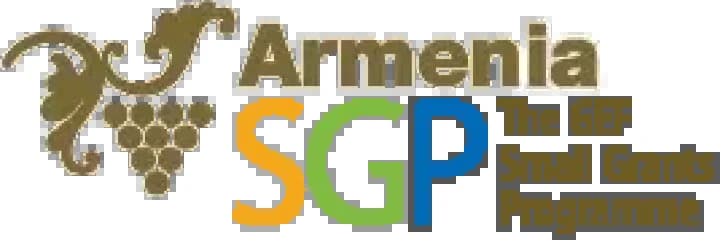


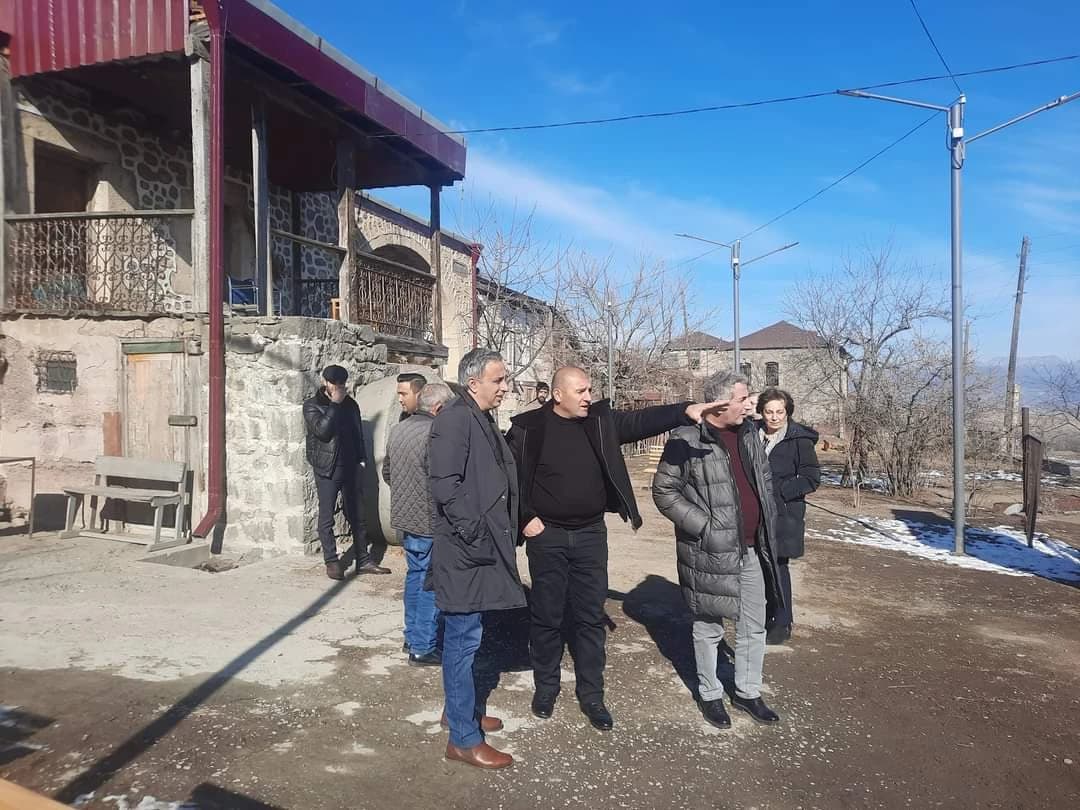
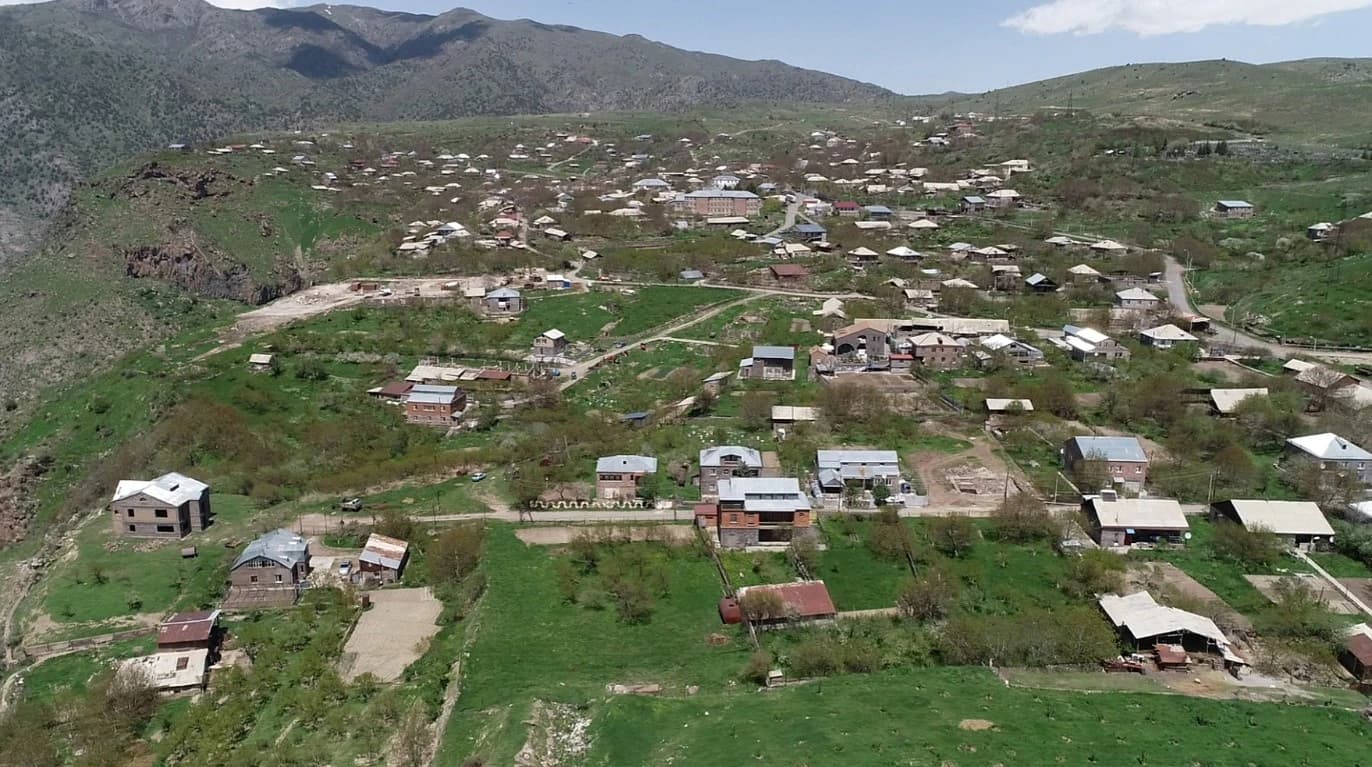
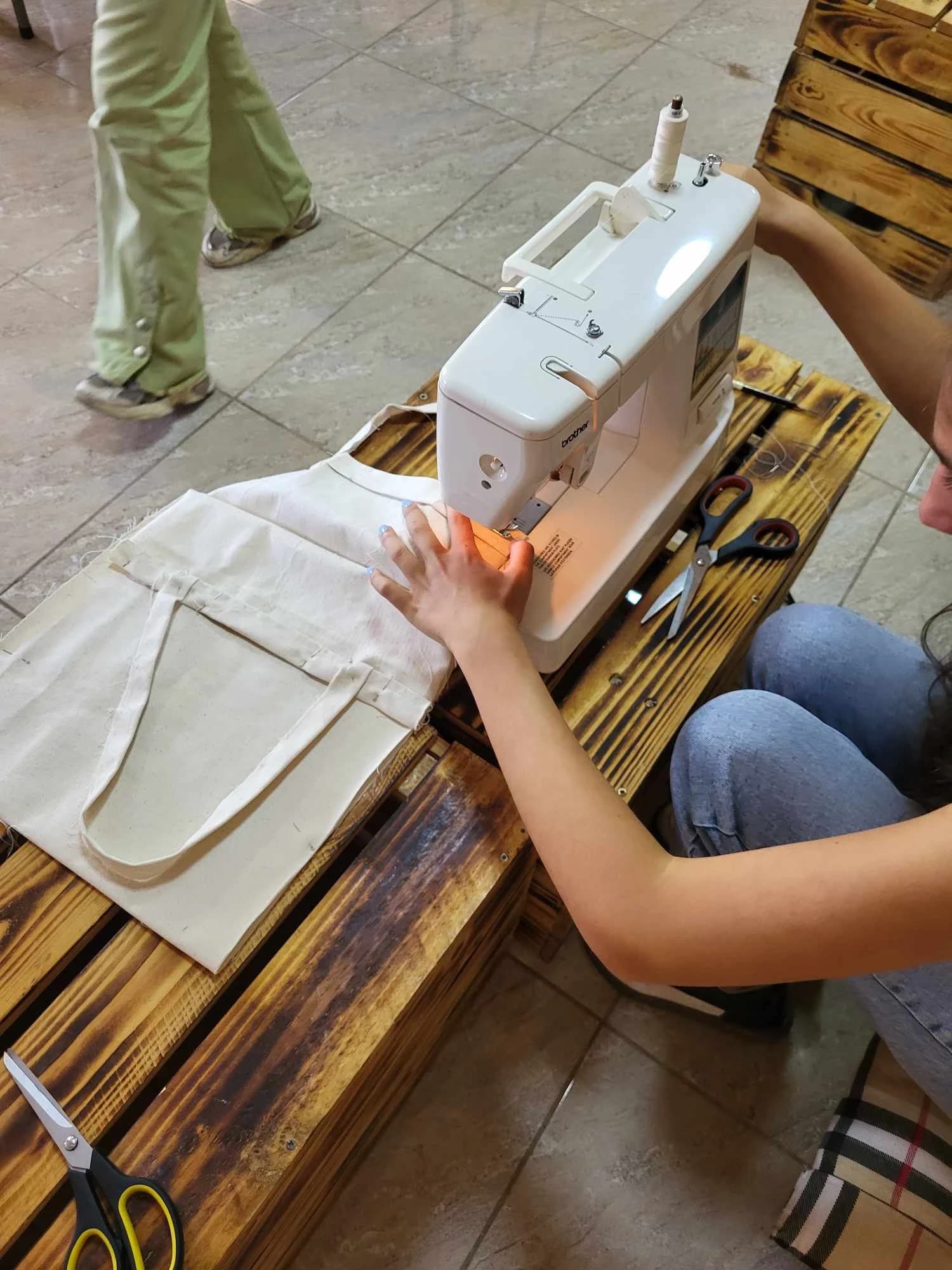
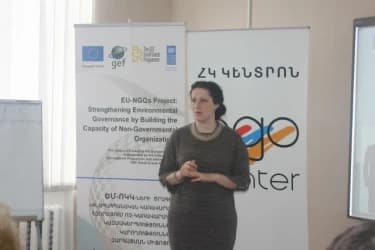
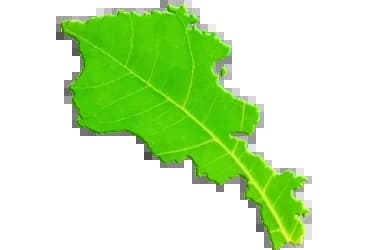
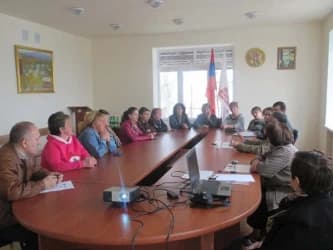
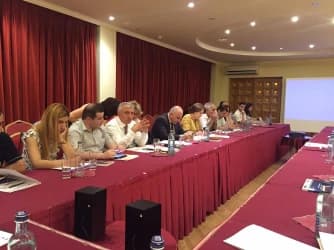
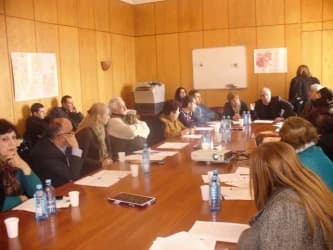
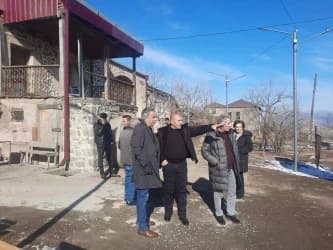
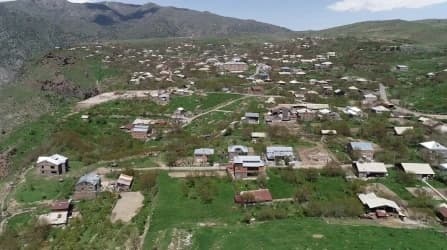

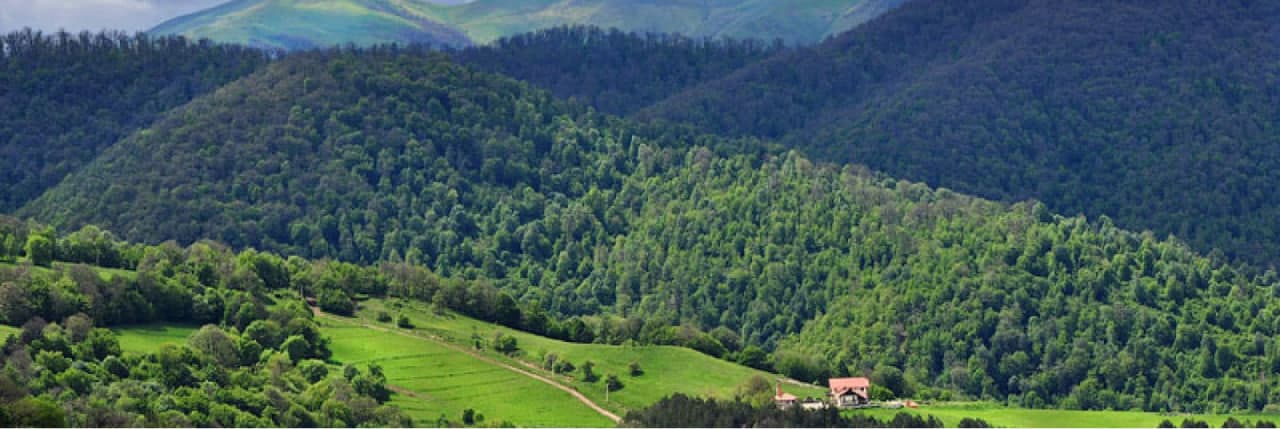
.png&w=3840&q=75)
